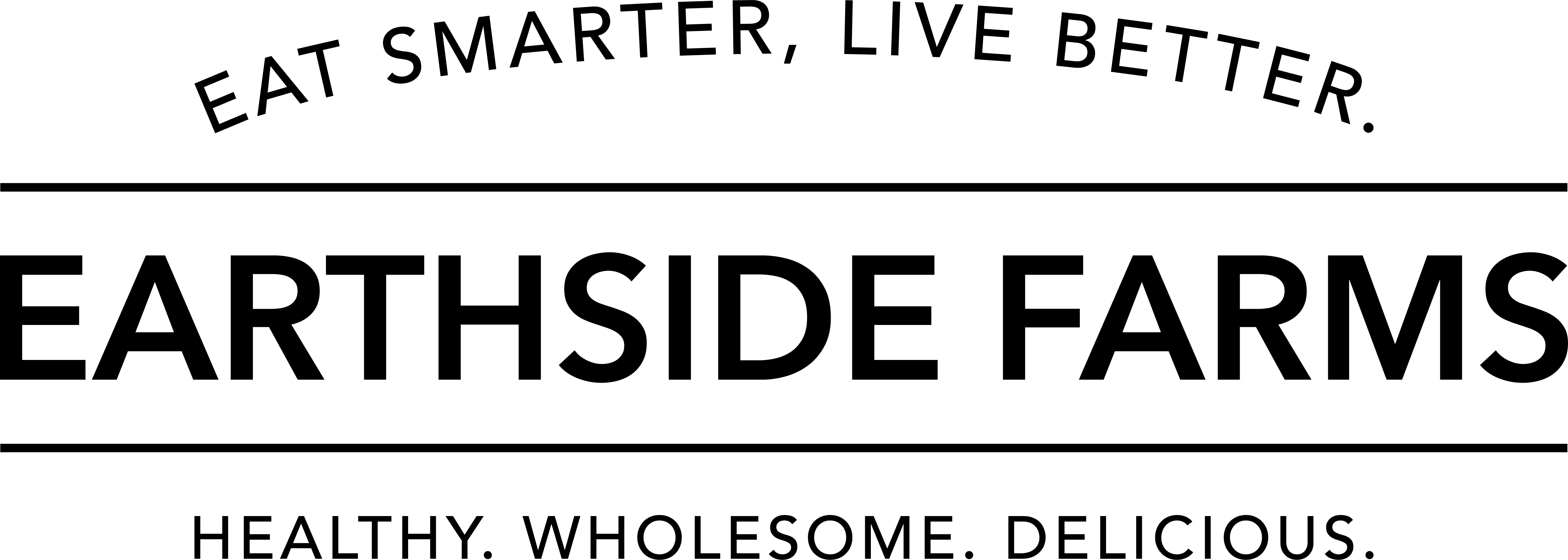In recent years, awareness about the environmental impact of our food choices has been growing. Among the biggest contributors to environmental damage is meat consumption. While meat has been a staple in many diets worldwide, its production has a significant impact on the planet. Let’s take a closer look at the numbers behind meat consumption and its effects on the environment.
1. 80% of Amazon Deforestation
Did you know that 80% of deforestation of the Amazon Rainforest is due to livestock farming? Located in Brazil, vast areas of the rainforest are cleared to create grazing land for cattle and grow animal feed, mainly soy. The Amazon Rainforest is one of the planet’s largest carbon sinks, meaning it helps absorb and store carbon dioxide. This is important because it reduces the amount of heat trapped by the atmosphere, mitigating climate change. When trees are cut down for livestock farming, we lose a critical resource in the fight against climate change.
.
2. 1,800 Gallons of Water for 1 Pound of Beef
Meat production is incredibly water-intensive. It takes approximately 1,800 gallons of water to produce just one pound of beef! This includes water for the animal’s drinking needs, the irrigation of feed crops, and processing. To put it in perspective, that’s equivalent to about two months’ worth of daily showers for the average person.

3. 14.5% of Global Greenhouse Gas Emissions
Livestock farming is responsible for 14.5% of all global greenhouse gas emissions. These emissions are higher than the combined total from all the cars, trucks, planes, and ships in the world! Cows, in particular, produce large amounts of methane, a potent greenhouse gas that contributes significantly to global warming.

4. 60% of farmland used for livestock produces just 18% of global calories
A staggering 60% of all agricultural land is used to raise livestock, yet meat provides only 18% of the world’s calories. This disproportionate use of resources raises questions about the efficiency and sustainability of current food production systems, especially as global populations continue to grow.

What Can We Do?
Reducing our meat consumption can have a massive positive impact on the environment. Even small changes, like adopting "Meatless Mondays" or switching to meatless meals a few times a week, can help reduce deforestation, conserve water, and lower greenhouse gas emissions.
Making more sustainable choices doesn’t mean eliminating meat entirely -
it’s about balance and awareness. Every meal is an opportunity to make a difference for the planet.

Conclusion:
The environmental toll of meat consumption is clear, and the numbers are staggering. By cutting back, even a little, we can help reduce the pressure on our planet’s natural resources and move towards a more sustainable future. Your choices matter—let’s make them count! 🌎💚
Ready to take the first step towards a healthier lifestyle? Discover our range of healthy snacks at Earthside Farms and see how simple it is to protect natural resources without compromising the planet. Shop Now and start your journey to better health today.


